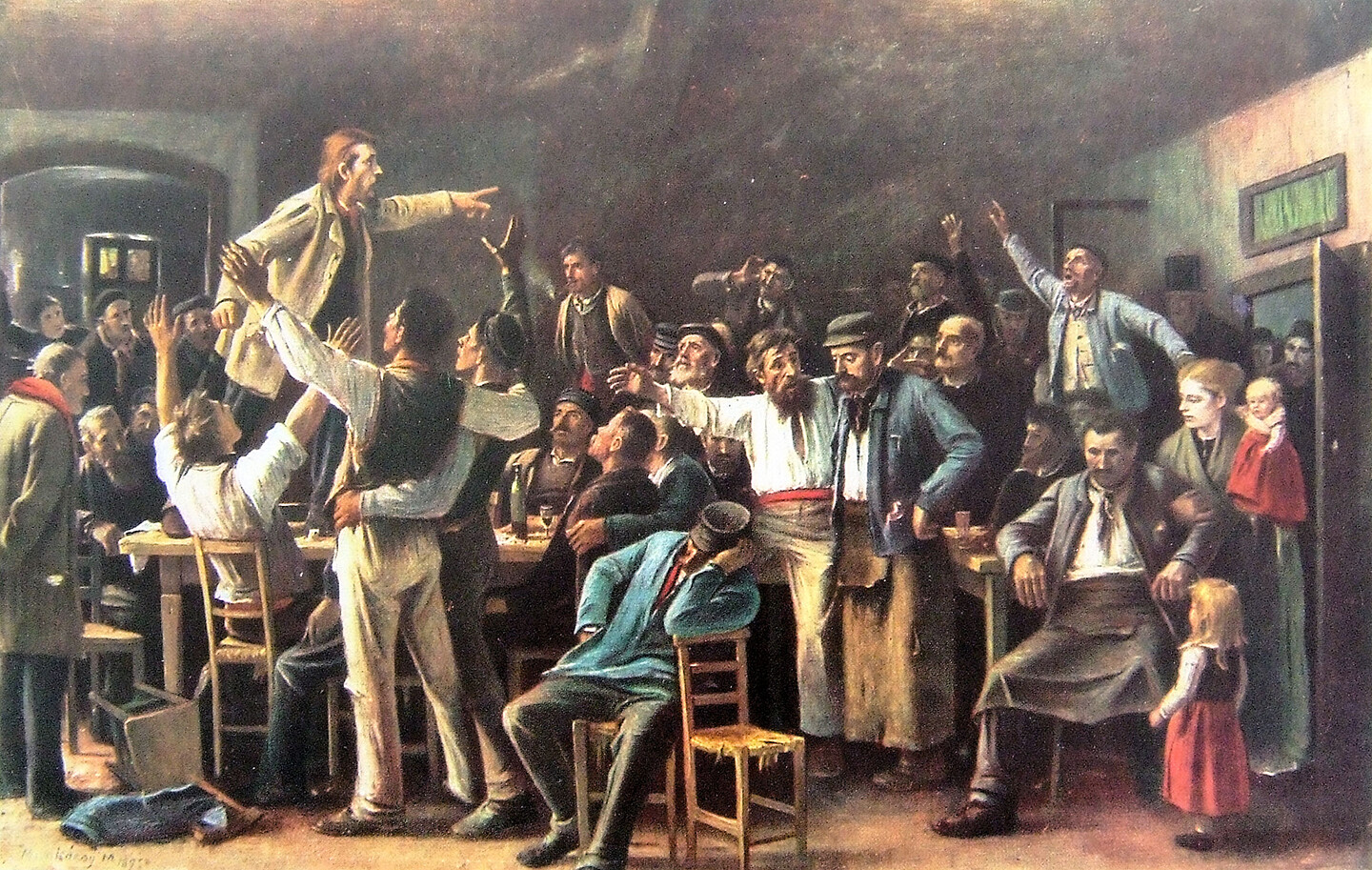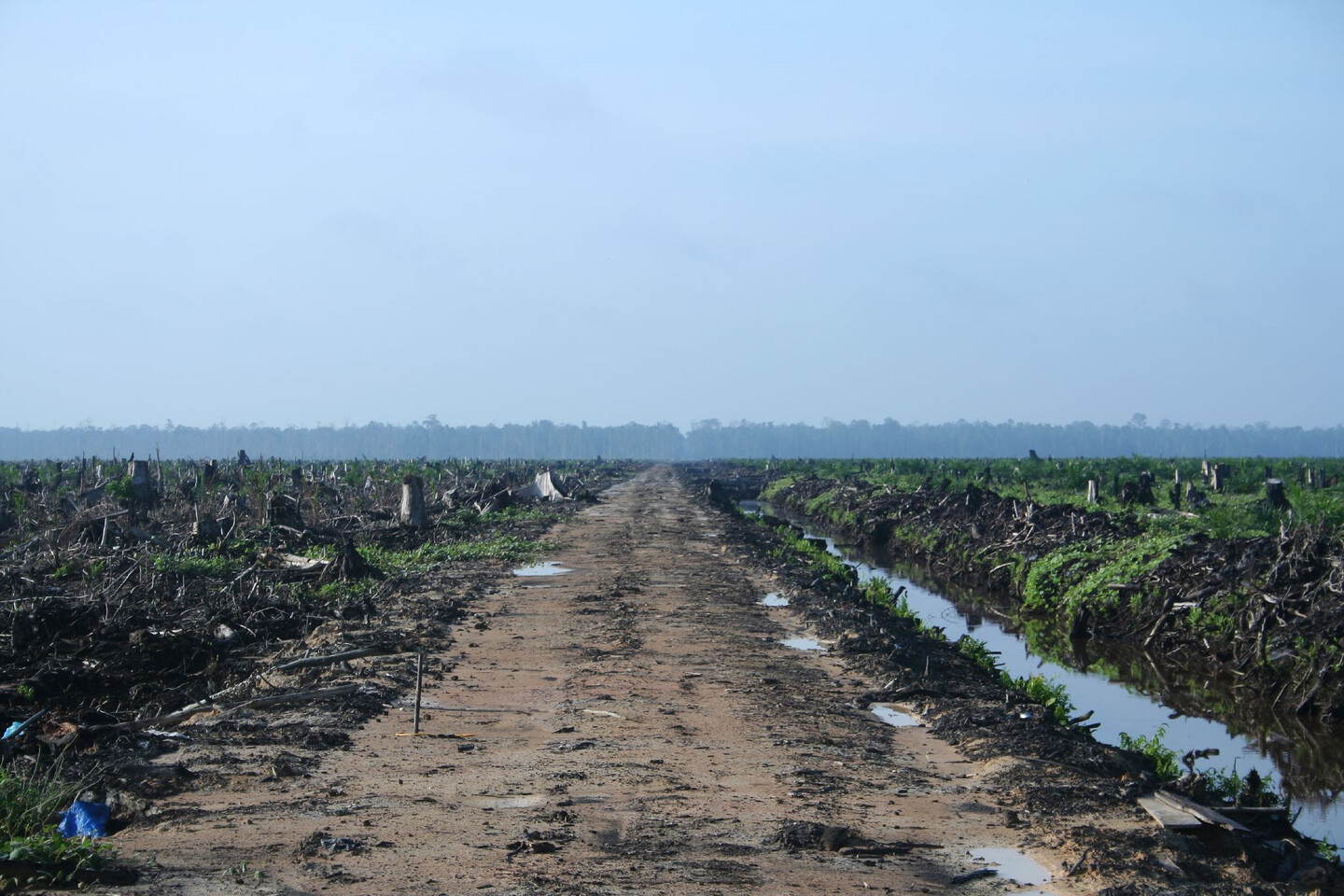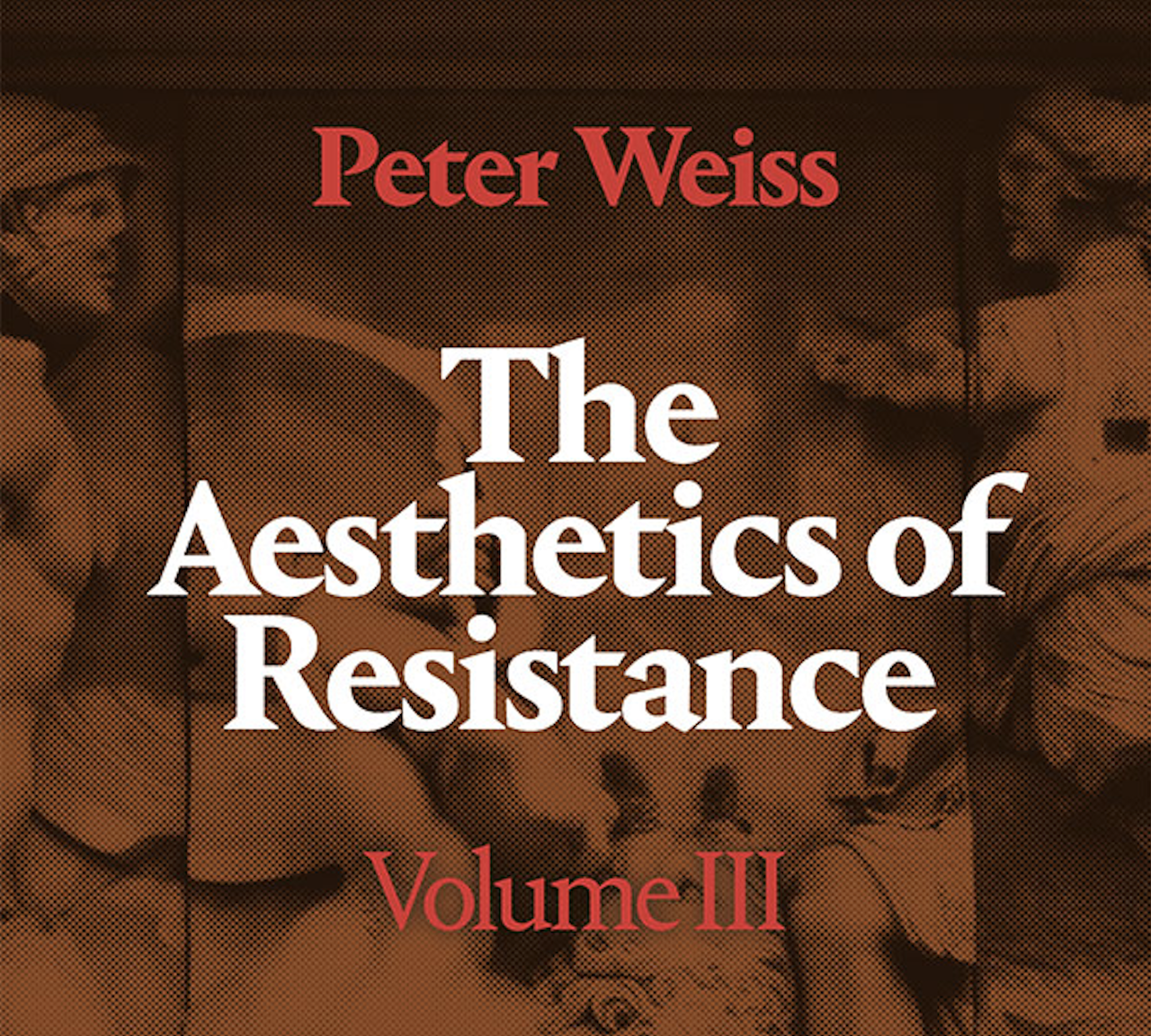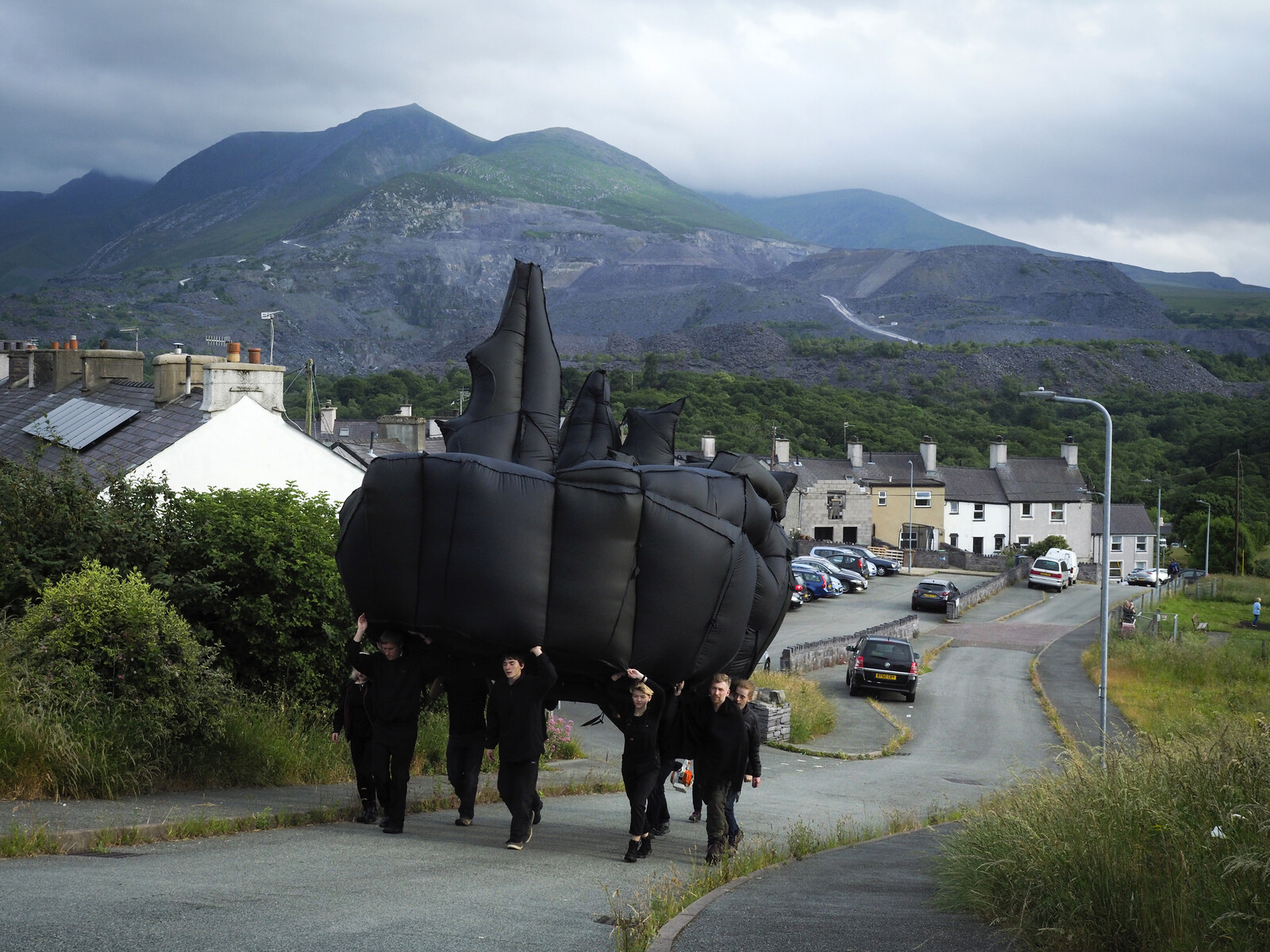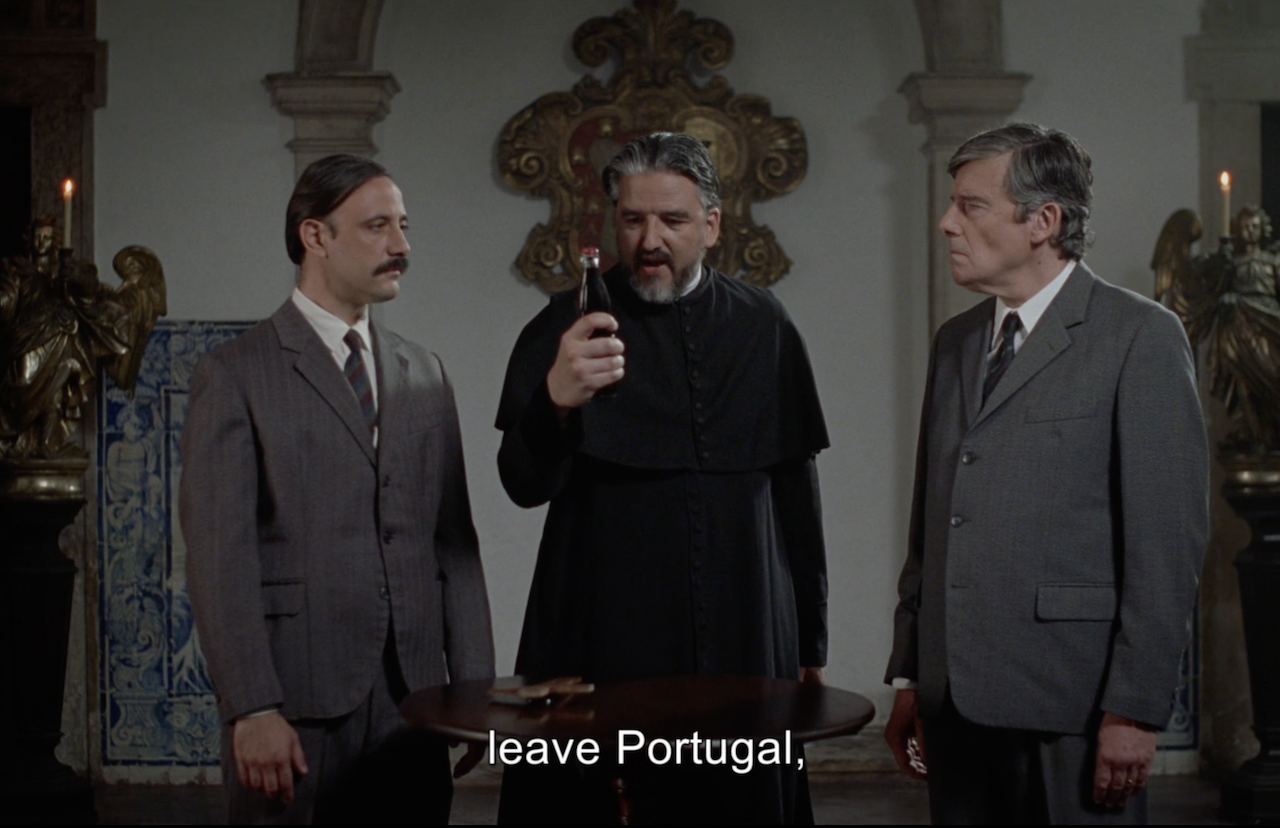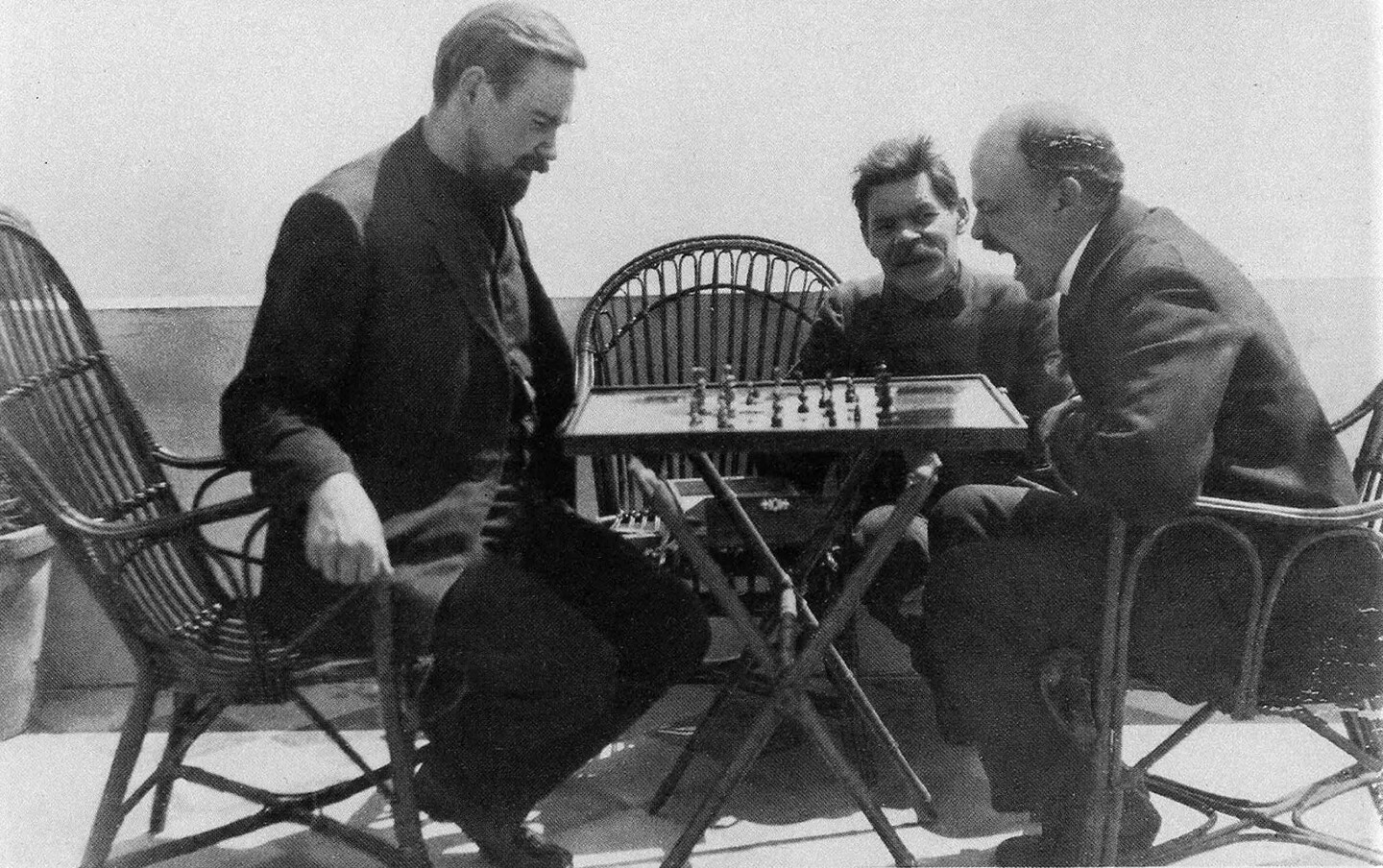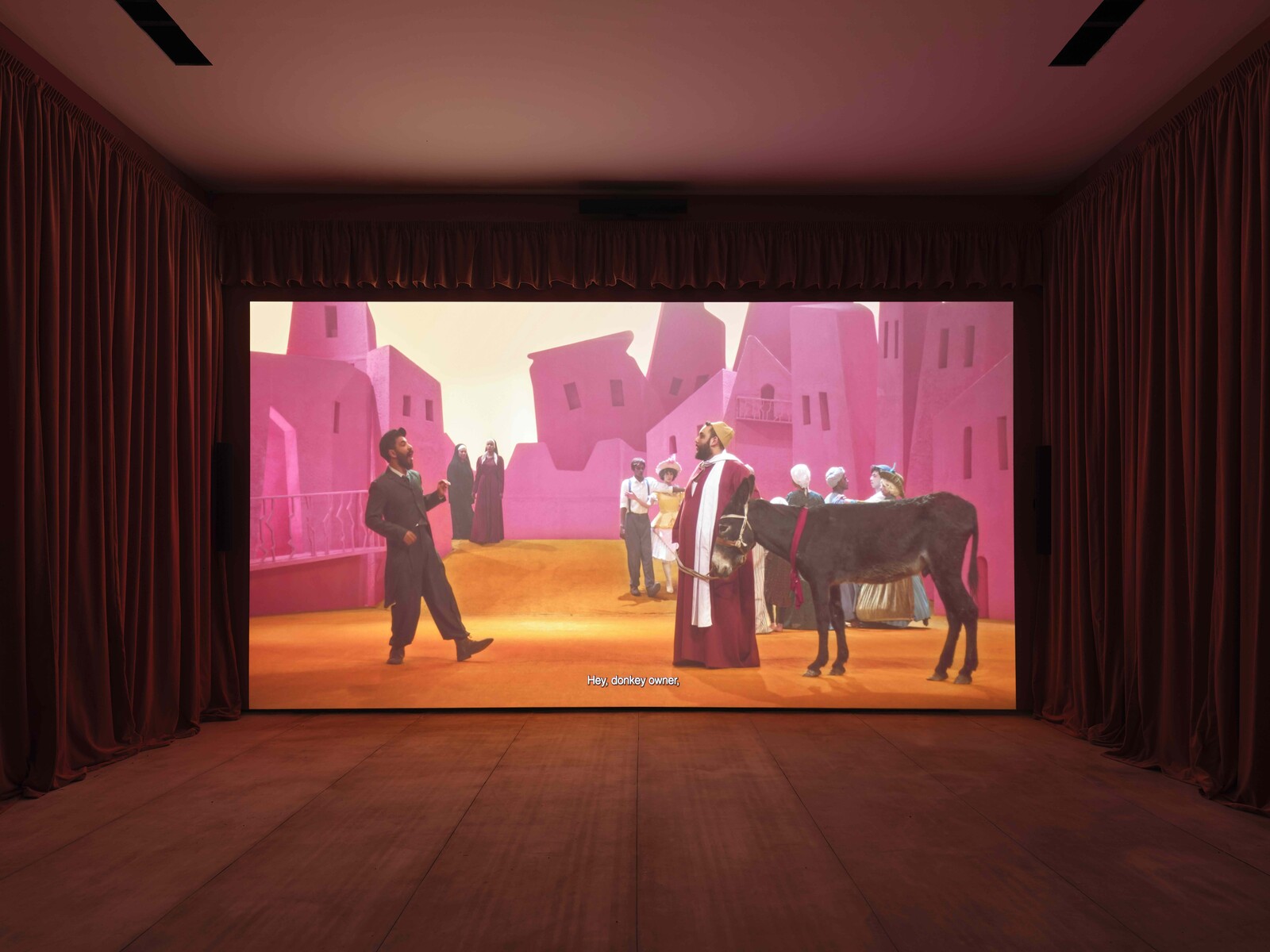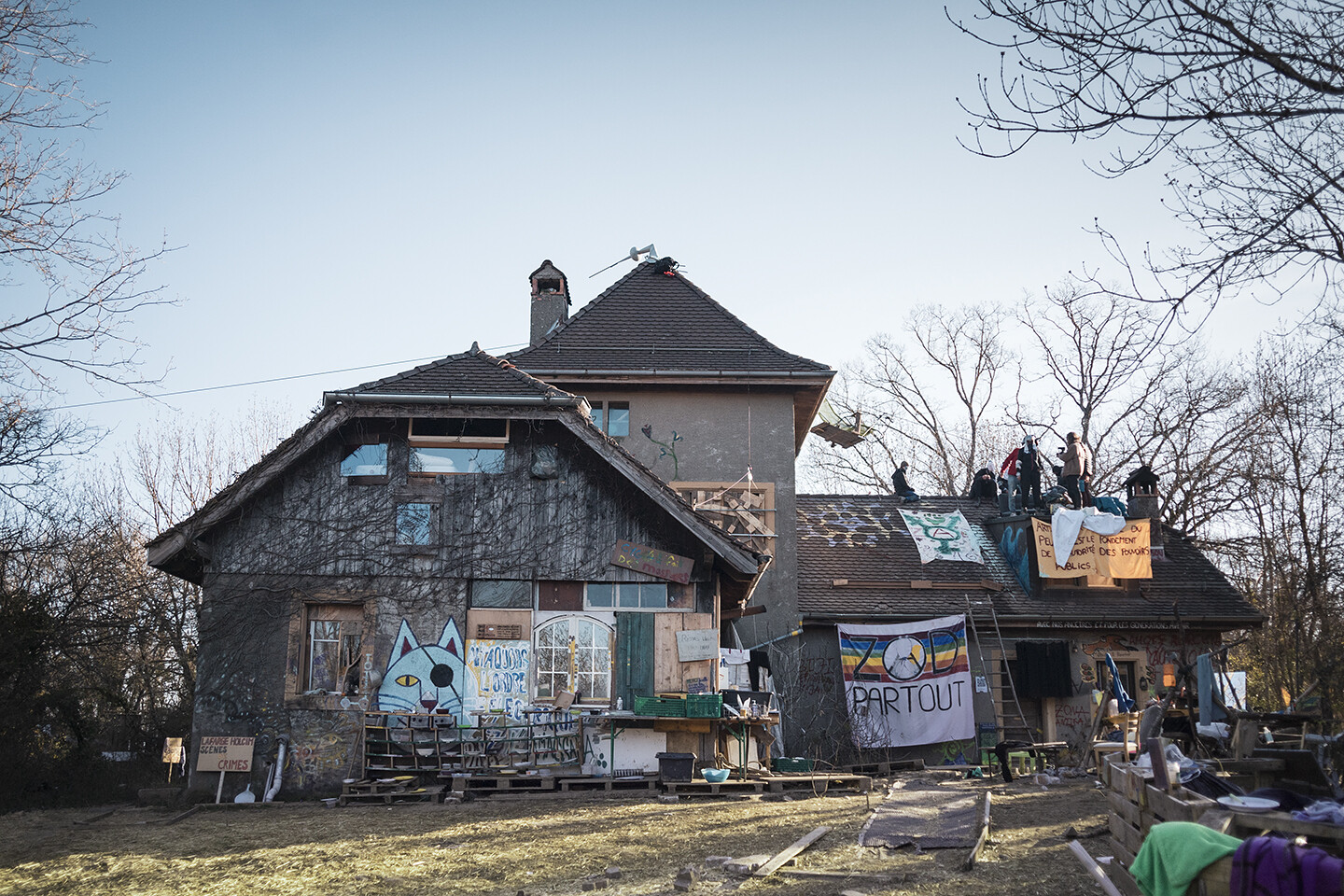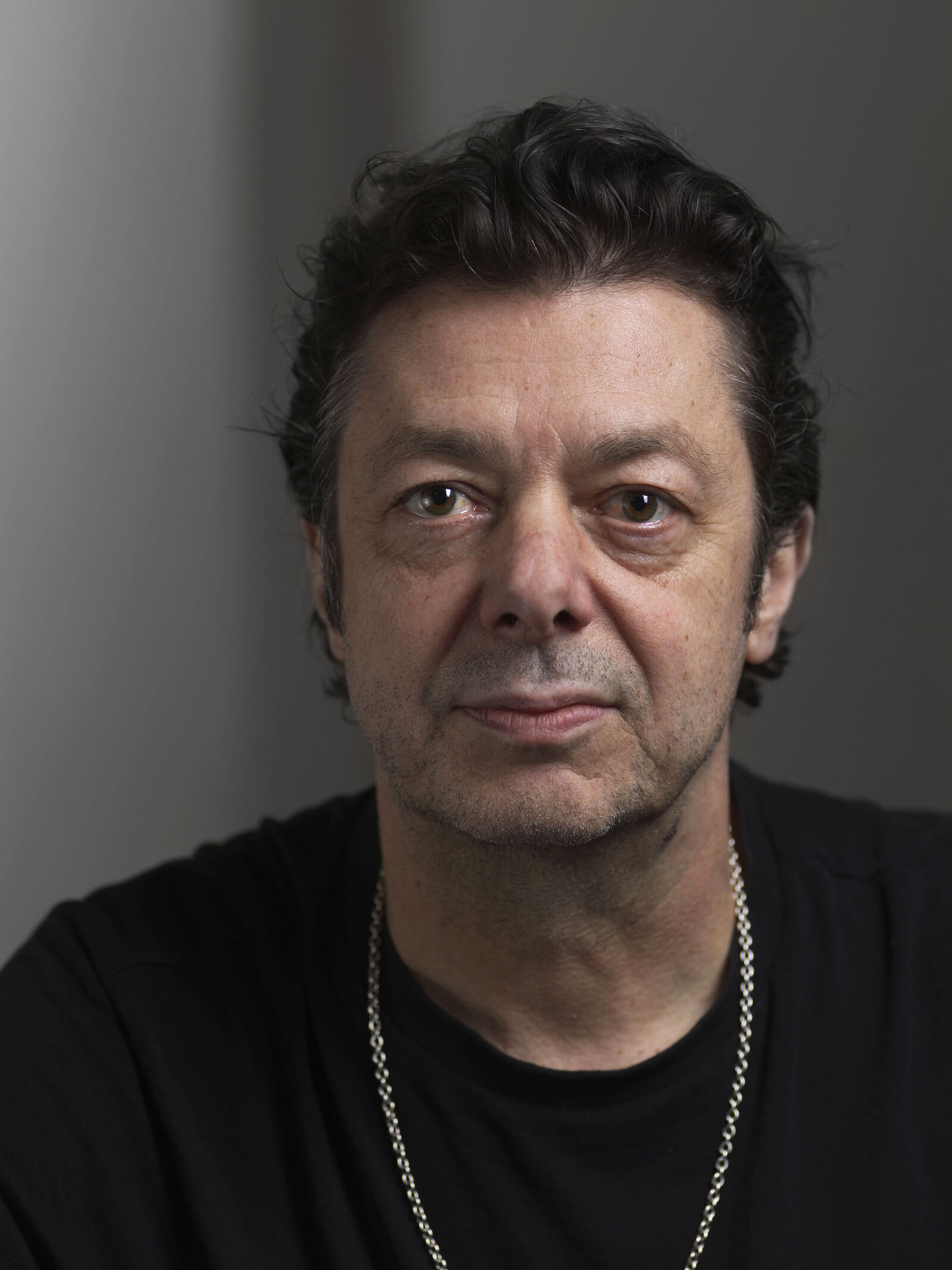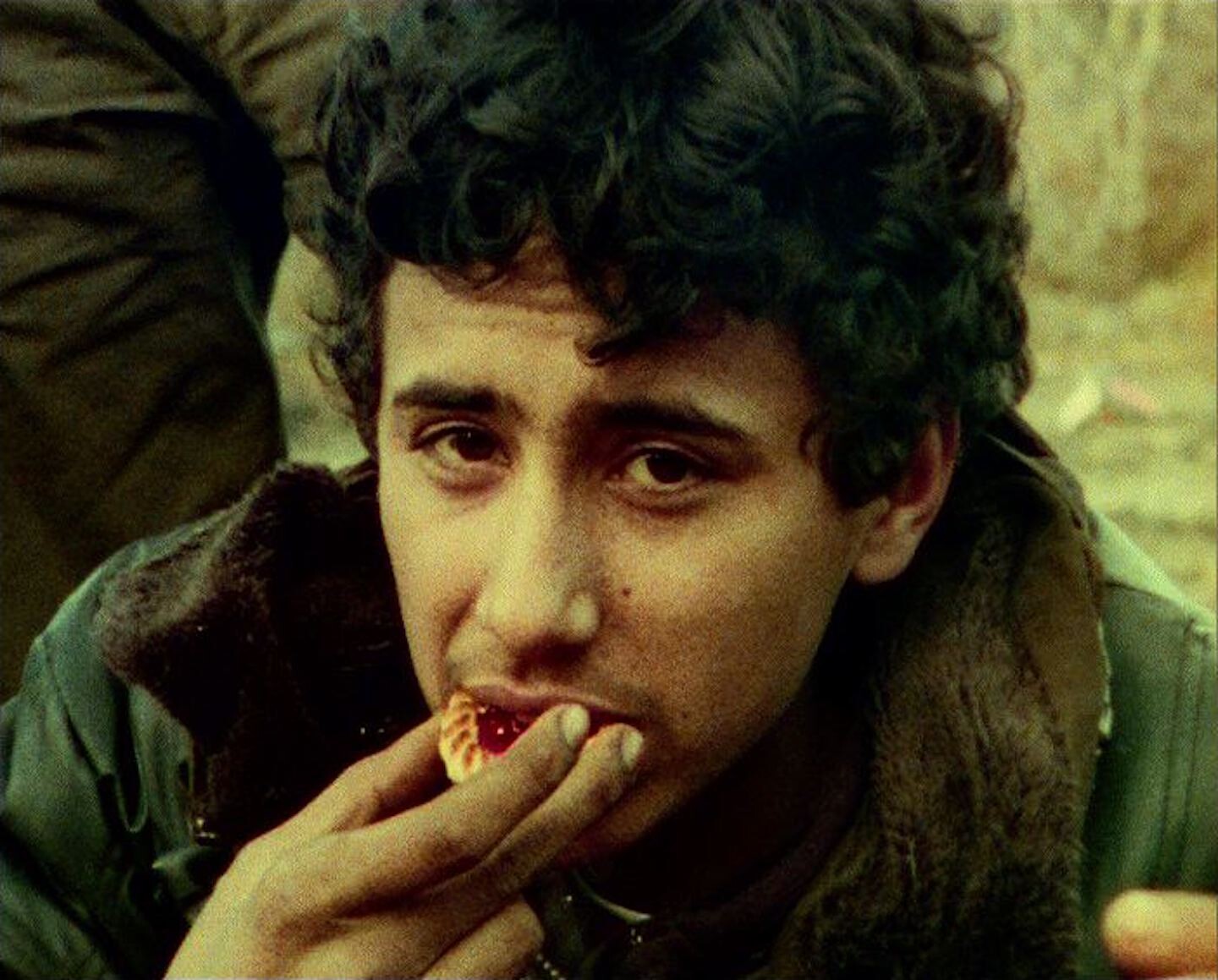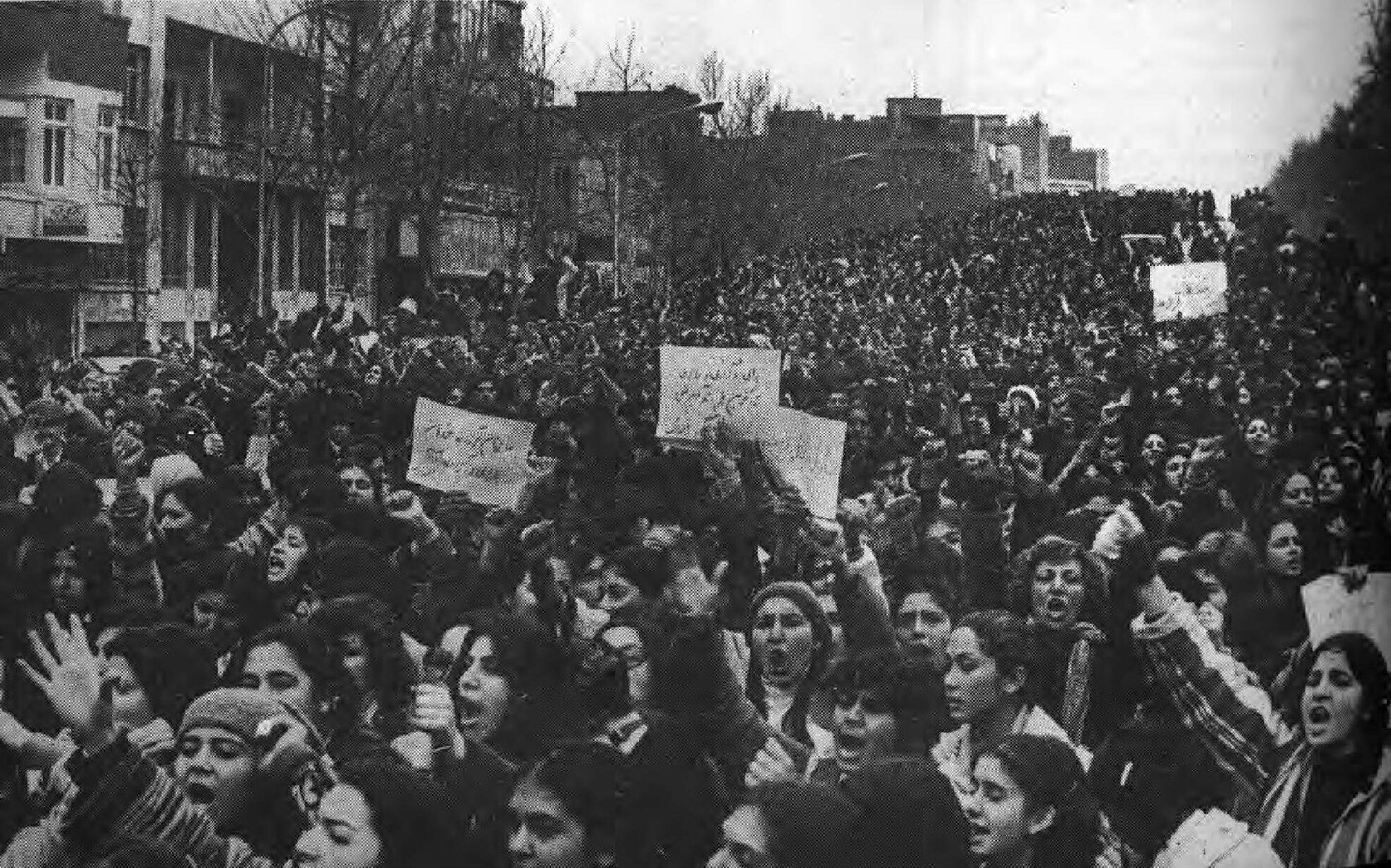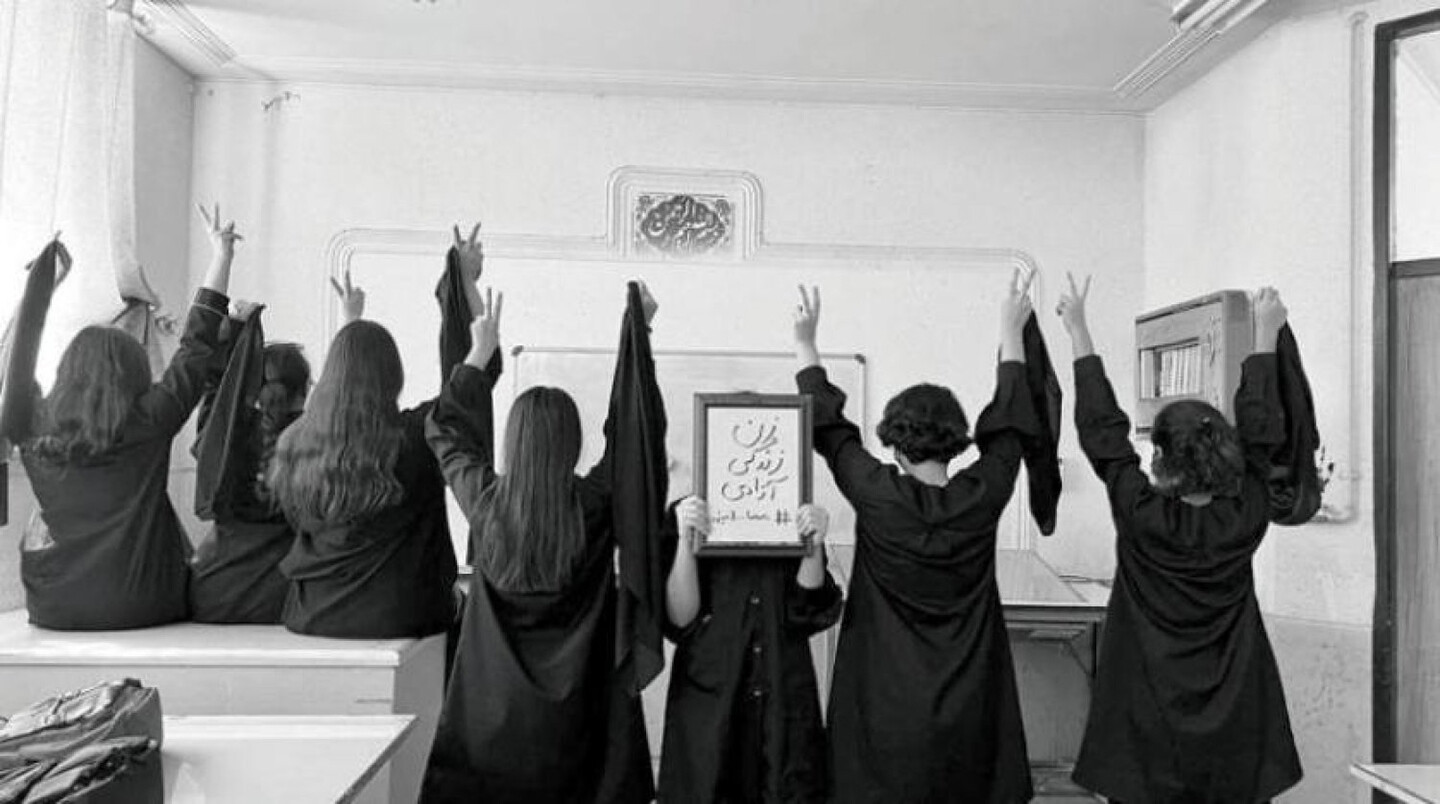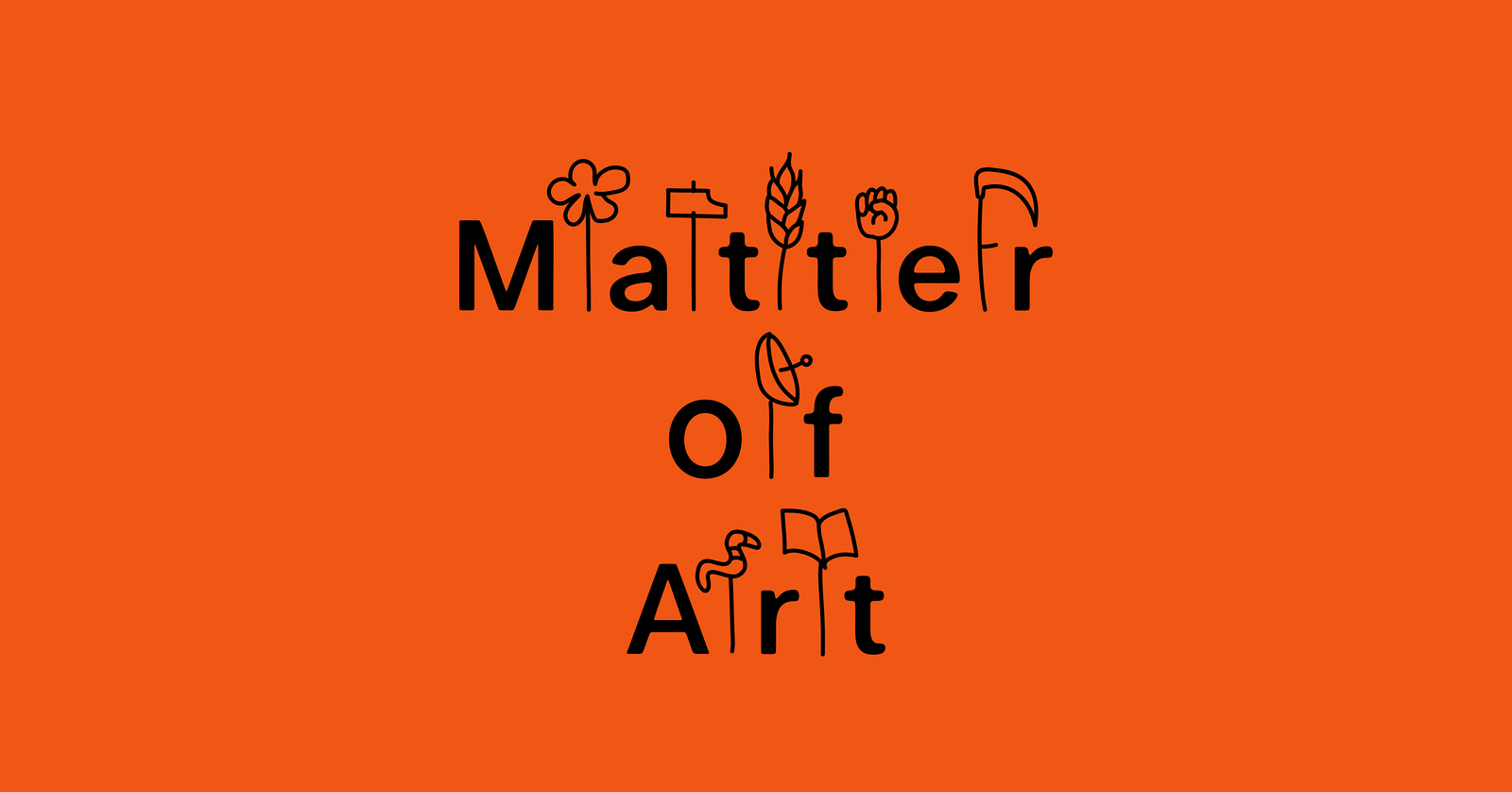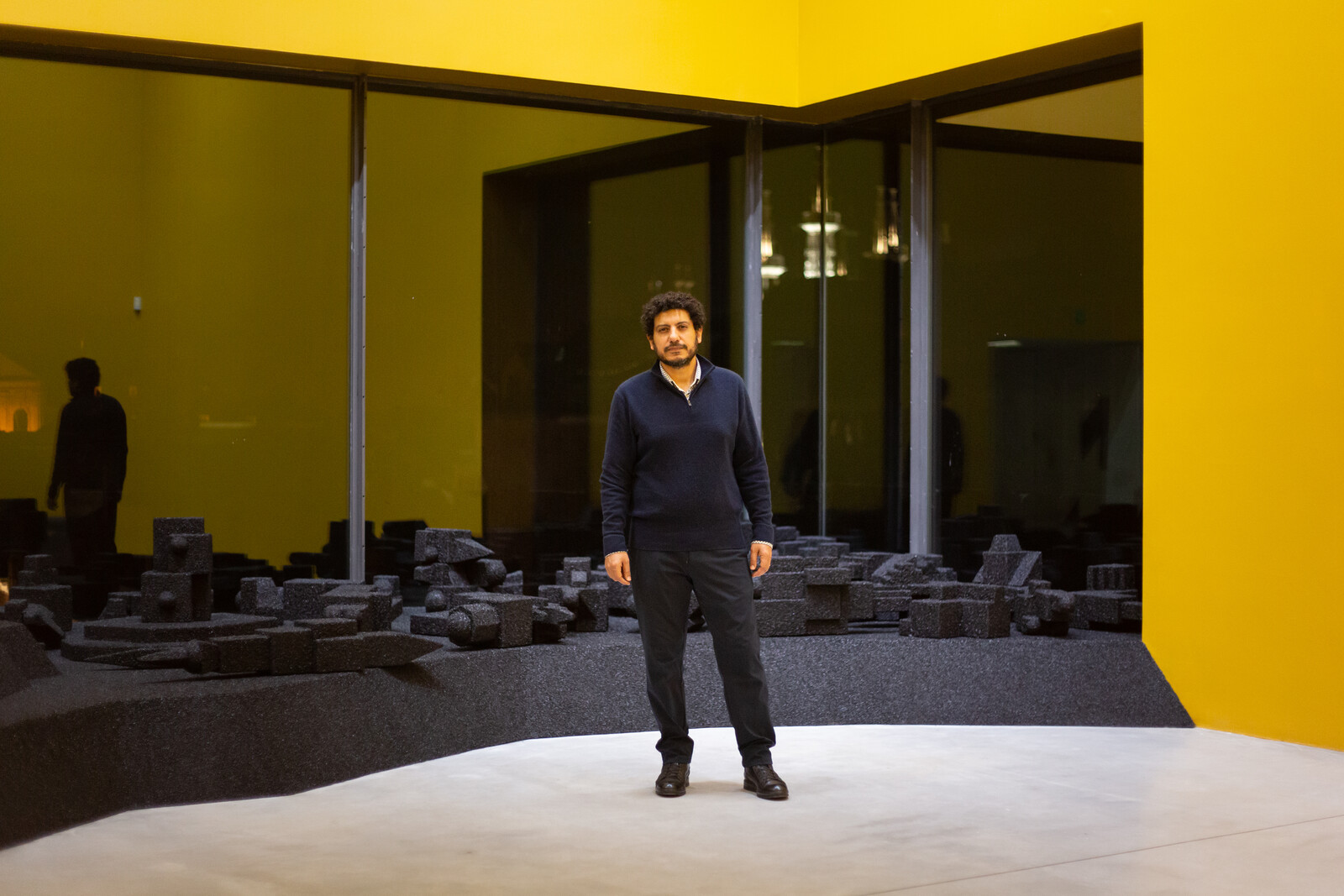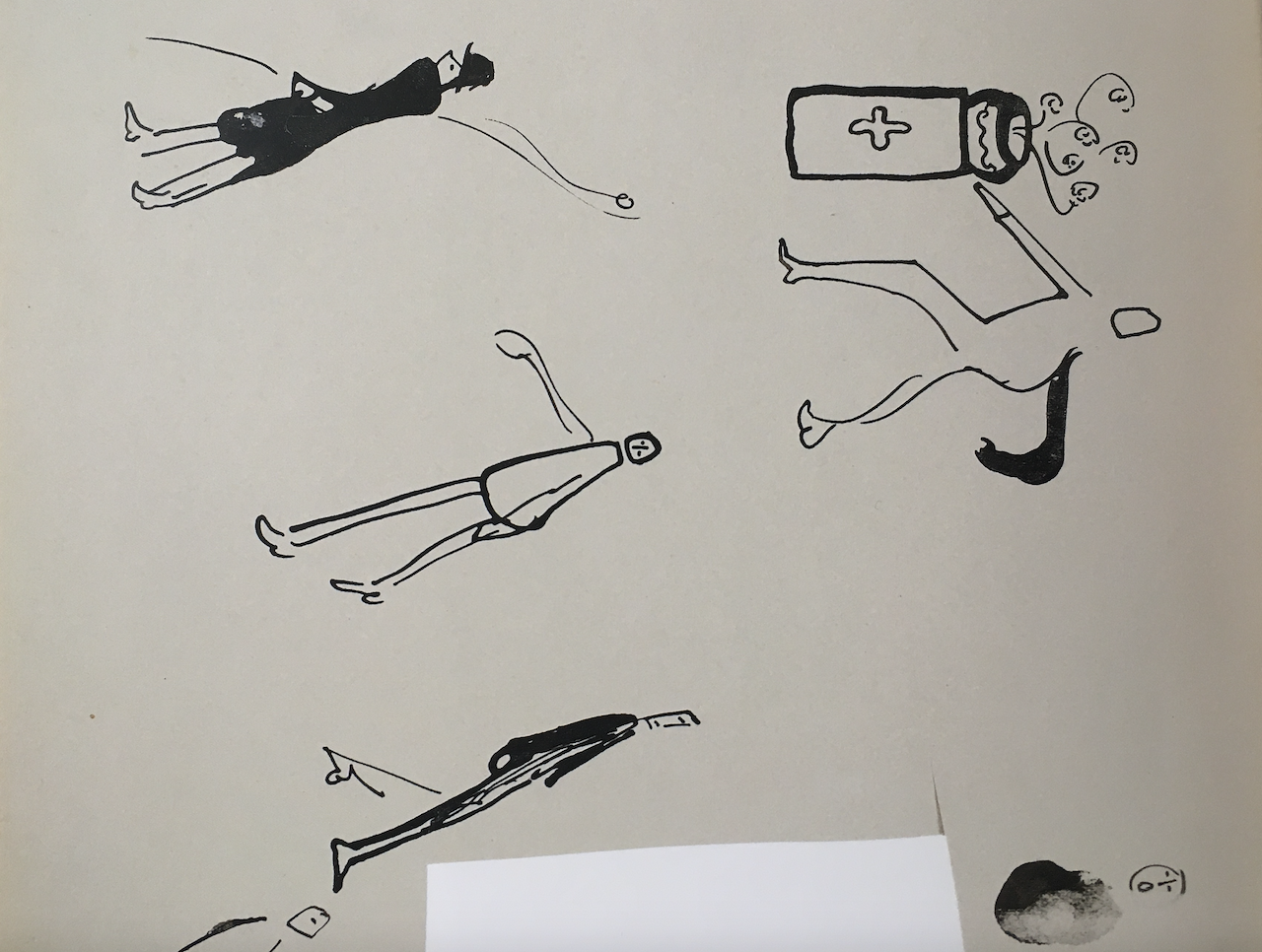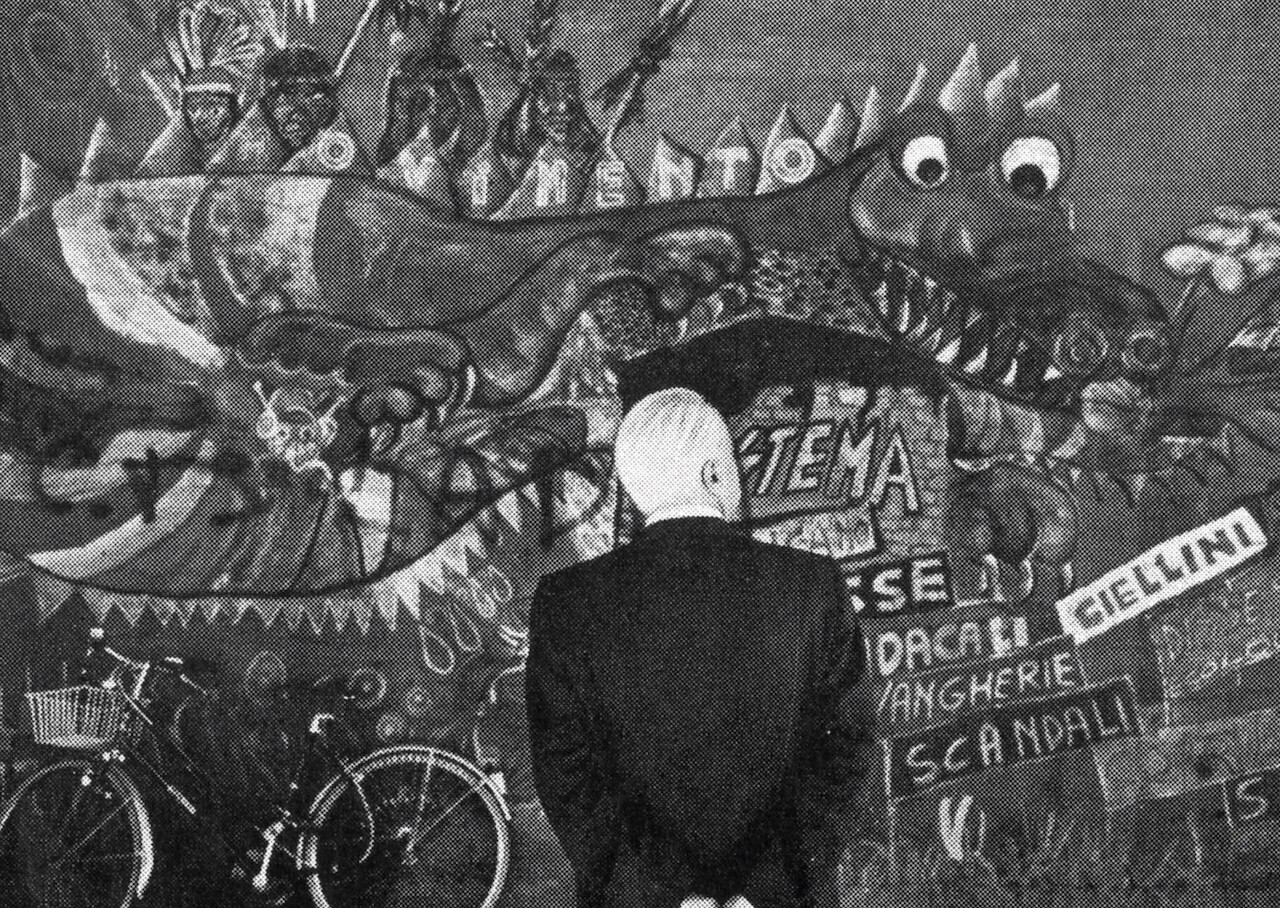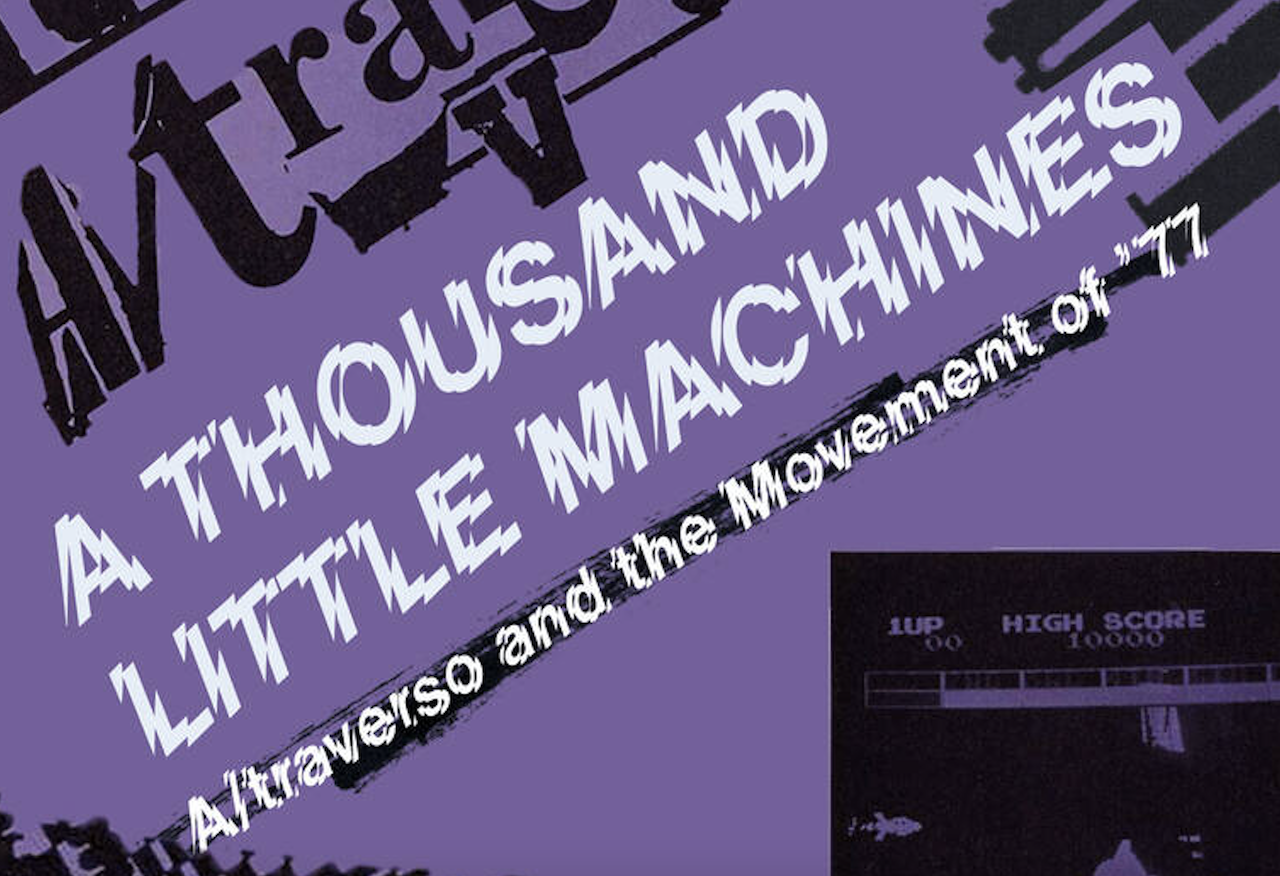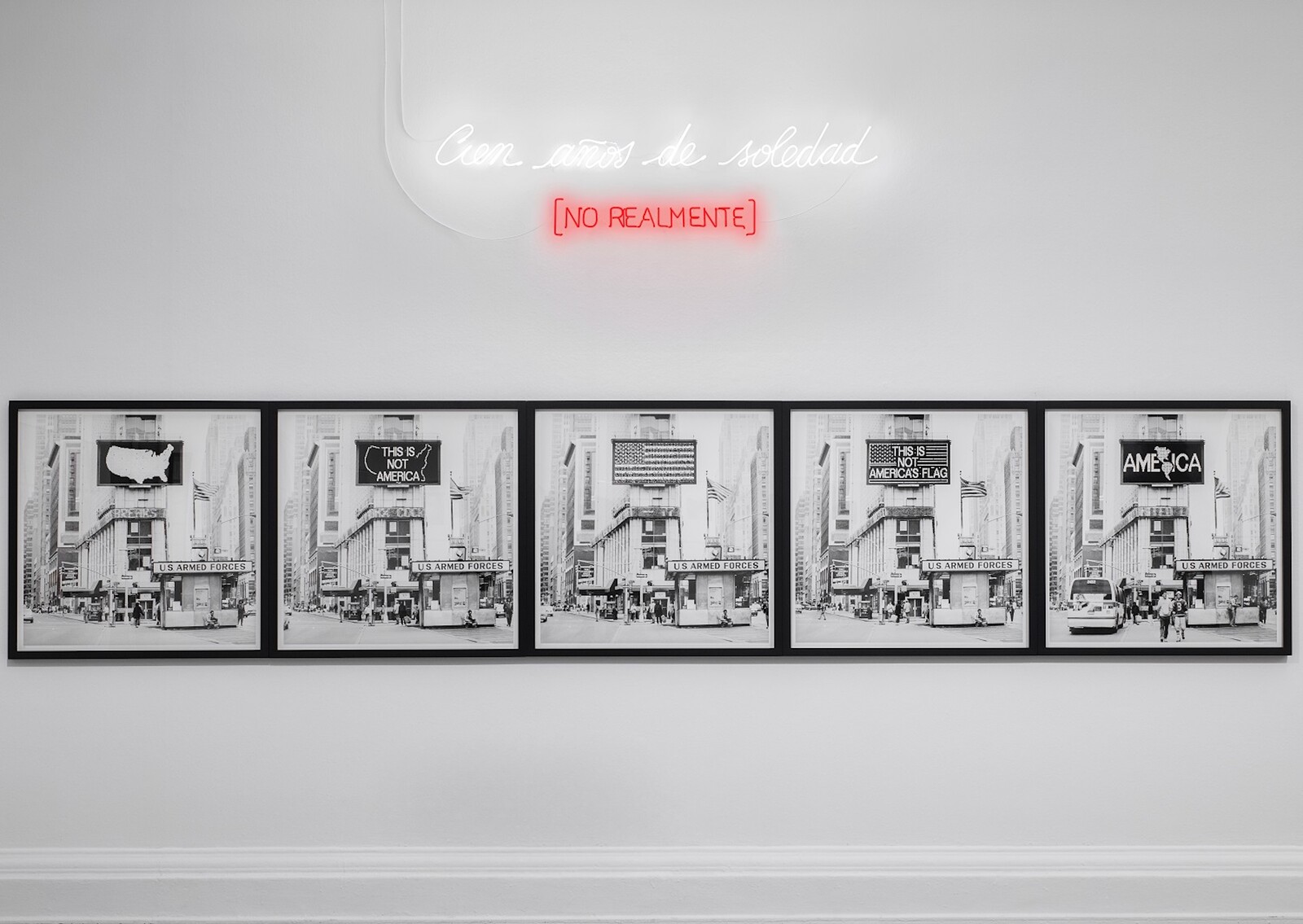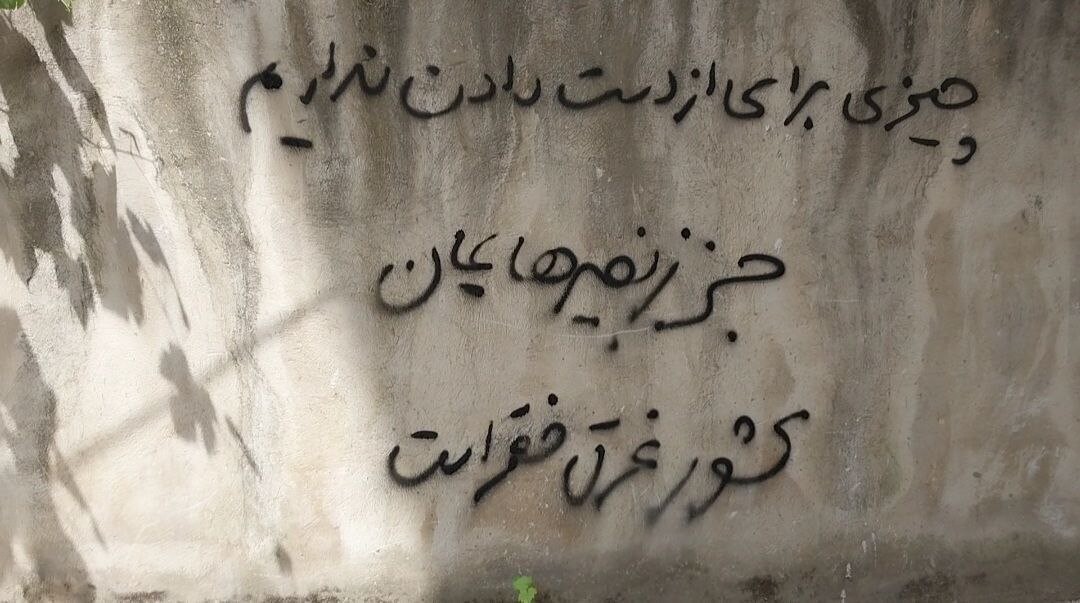The concept of value is nothing, for communists, if not a crosshair that flashes red when we need to smash something. There is also in Marx a tendential theory alongside the heuristic theory. The light of communism revealed for Marx a directionality to capitalist production, one that pointed toward its ruin but also its overcoming by communism.
The neoliberal attack on the humanities in countries such as the UK and the Netherlands makes universities increasingly inhospitable to heterodox forms of life, of intellectual praxis and critical inquiry. Under the circumstances, it is vital that existing institutional forms and habits are supplemented and challenged by forms of self-organization whose autonomy often comes at the cost of extreme precarity.
When Marx talks about the Paris commune, he says, “The form was simple, like all great things.” And I’ve spent a lot of time trying to think about that and other pithy yet amazing kinds of statements that either he or Kropotkin and a few other fellow travelers of the insurrection made about the Commune. Kropotkin says, “It’s the setting for revolution and the means of bringing it about.” So, it’s both the context and the substance. And Marx’s reflections are not very different. Marx is at his most anarchist when he’s talking about the Commune. I began to think about when it is that communes flourish. Well, they flourish whenever the state withdraws.
But is such emancipatory potential congruent with game mechanisms that are inherently violent or that establish agonistic relations between players? Today, leftist game designers and many serious, cooperative, and social simulation games tend to eradicate these traits entirely. Rather, the scope and key challenges of such games designed as supposed forces of good appear dependent on the foreclosure of difference, nesting their stimulus instead in the pacification of subject relations and the othering of enmity. But this ethical commitment comes at a price.
The transmutability of the form has everything to do with the particular people who make each commune, and who, in so doing, outline a way of life, a subsistence in accordance with the commune’s site, its location, and its location’s history. Equally importantly, they devise a way of life in accordance with what the people making the commune decide their own political emancipation will look like. Each commune is built in a way particular to its specific space—to its subjects, its geography, to the history of its conflicts and achievements, its attributes and its challenges, as well as the challenges to come.
Charles Mudede: Consuming Revolutions
Raoul Peck’s Lumumba, with Feza Kayungu Ramazani and Natacha Nsabimana
Sylvain George: Screening and Conversation
The gap in my father’s memory of 1979 reminds me of the persistent silences in the writings of male leftist during the years after the revolution and in the decades since. With few exceptions, only leftist women have indicted left-wing parties in Iran for their refusal to oppose the mandatory hijab and for the sexism of party members. The powerful have a shorter memory and, with an easy conscience, accept their own silences.
In a pluralist feminist revolution, the child of the revolution is simply born. There is no need for a midwife. History has done the work. There is no power vacuum for the revolution to fill. The revolution has already found its agents along the way. The time for this revolution is not the future.

